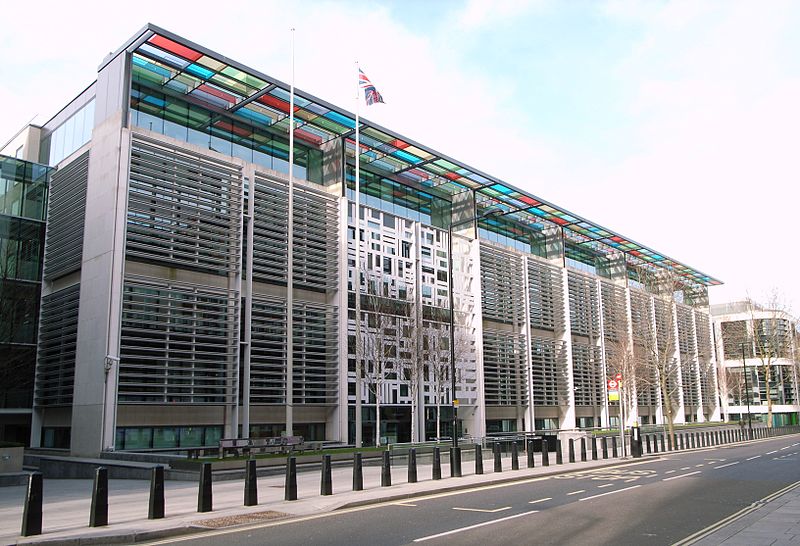
Foreign nationals convicted of sex offences will be barred from claiming asylum in the UK under tough new measures introduced through the Border Security, Asylum and Immigration Bill.
In an effort to strengthen border security and make British streets safer, the government announced that individuals placed on the sex offenders register will now be automatically excluded from refugee protections. This marks a stricter application of the Refugee Convention, which already allows countries to deny asylum to terrorists, war criminals, and those convicted of serious crimes carrying a sentence of 12 months or more.
The change, part of the government’s broader Plan for Change, aims to crack down on foreign offenders and accelerate the processing of asylum claims. Home Secretary Yvette Cooper emphasized that sex offenders should not benefit from protections meant for genuine refugees, and reiterated the government's commitment to restoring order to a previously dysfunctional system.
"This law ensures that sexual crimes are treated with the seriousness they deserve," Cooper said. "We’re also tackling the asylum backlog, ending expensive hotel accommodation for asylum seekers, and protecting taxpayers' money."
The new legislation is part of broader efforts to halve violence against women and girls within the next decade, as highlighted by Safeguarding Minister Jess Phillips. She stressed that robust safeguards are essential to prevent foreign offenders from exploiting the asylum system.
Alongside the crackdown on foreign sex offenders, the bill introduces several major reforms:
- Faster Appeals: The first-tier Tribunal Immigration and Asylum Chamber will now have a 24-week target to process appeals from asylum seekers in supported accommodation and foreign national offenders, cutting the current average wait of nearly 50 weeks.
- Use of AI in Asylum Processing: Artificial intelligence will be deployed to help caseworkers process claims faster, summarizing interviews and retrieving country information, saving up to an hour per case without compromising quality.
- Crackdown on Sham Immigration Advice: The Immigration Advice Authority (IAA) will gain expanded powers to fine individuals posing as immigration advisers up to £15,000 and prosecute unregulated operators.
- Strengthened Employment Checks: Companies in the gig economy—such as food delivery, construction, and courier services—will now be required to verify workers' immigration status, aligning them with standard employers.
Additional powers will also be given to law enforcement to disrupt people-smuggling gangs more effectively and impose restrictions such as electronic tagging and curfews on foreign offenders awaiting removal.
Since the current government took office, significant progress has already been made: over 24,000 people with no right to stay in the UK have been returned, removals of foreign criminals have increased by 16%, and asylum decision-making rose by 52% in late 2024.
The amendments are expected to be tabled ahead of the report stage of the Border Security, Asylum and Immigration Bill in the House of Commons. While the law tightens the rules around refugee protections, each case will continue to be assessed individually to ensure compliance with international obligations.
The government views these reforms as a critical step in creating a safer, more efficient immigration system and delivering on its commitment to stronger borders and public safety. Photo by Steve Cadman, Wikimedia commons.




































